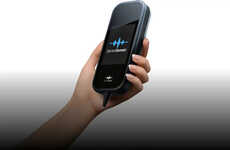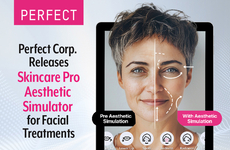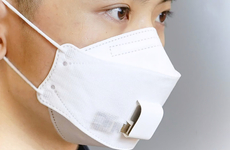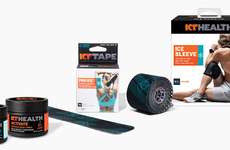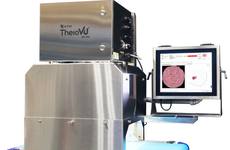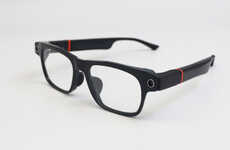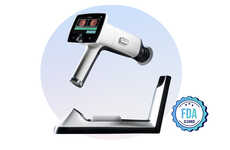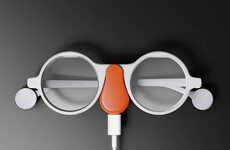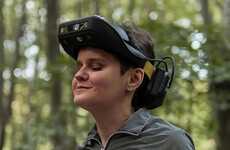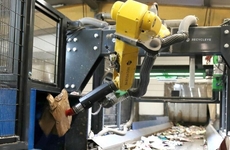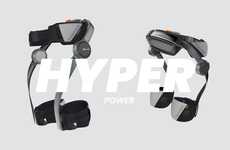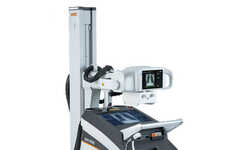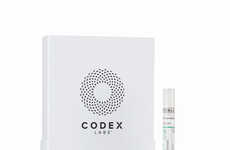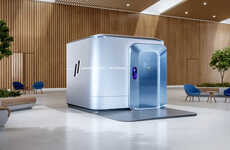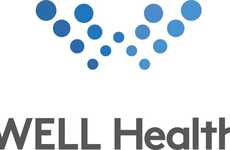
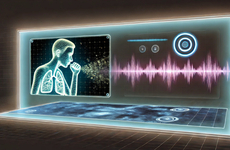
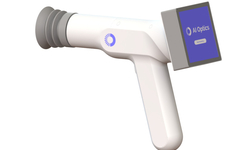
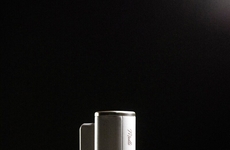
Artificial intelligence tools are used as a starting point for medical care
Trend - Physical AI-powered tools, in conjunction with cameras and advanced AI models, are being used as a starting point for disease diagnoses. While these tools cannot legally diagnose someone of a condition, they can be used to more quickly point doctors in the correct direction, increasing efficiency.
Insight - While most consumers are aware that, when ill, simply looking up symptoms cannot accurately diagnose what the cause is, this is still a common first step for people when deciding whether or not to seek medical attention. Due to the popularity of these practices, and the introduction of AI in nearly every industry, AI brands are creating tools for consumers and for professionals that can more accurately determine medical conditions based on advanced models combined with physical testing tools.
Insight - While most consumers are aware that, when ill, simply looking up symptoms cannot accurately diagnose what the cause is, this is still a common first step for people when deciding whether or not to seek medical attention. Due to the popularity of these practices, and the introduction of AI in nearly every industry, AI brands are creating tools for consumers and for professionals that can more accurately determine medical conditions based on advanced models combined with physical testing tools.
Workshop Question - How could your business leverage third-party artificial intelligence tools to increase its overall efficiency?
Trend Themes
1. AI-driven Disease Diagnosis - Advanced AI models and physical tools are being combined to support initial disease diagnosis, significantly enhancing the speed and accuracy of medical assessments.
2. Bioacoustic Analysis - Utilizing sounds like coughs and breathing patterns, bioacoustic technology powered by AI is being employed to detect diseases, offering a non-invasive diagnostic method.
3. Multiple-tissue AI Detection - AI models are being developed to detect cancer across multiple tissue types, leveraging vast datasets to overcome the limitations of single-tissue diagnostics.
Industry Implications
1. Healthcare Technology - Healthcare technology is rapidly evolving with AI-enhanced diagnostic tools that promise to transform traditional medical practices through automation and improved accuracy.
2. Medical Devices - The medical devices industry is seeing significant disruption with the integration of AI, enabling new diagnostic capabilities in handheld and portable formats.
3. Telemedicine - Telemedicine is being revolutionized by AI diagnostic tools, which provide remote and underprivileged communities with access to reliable medical evaluations previously unavailable to them.
